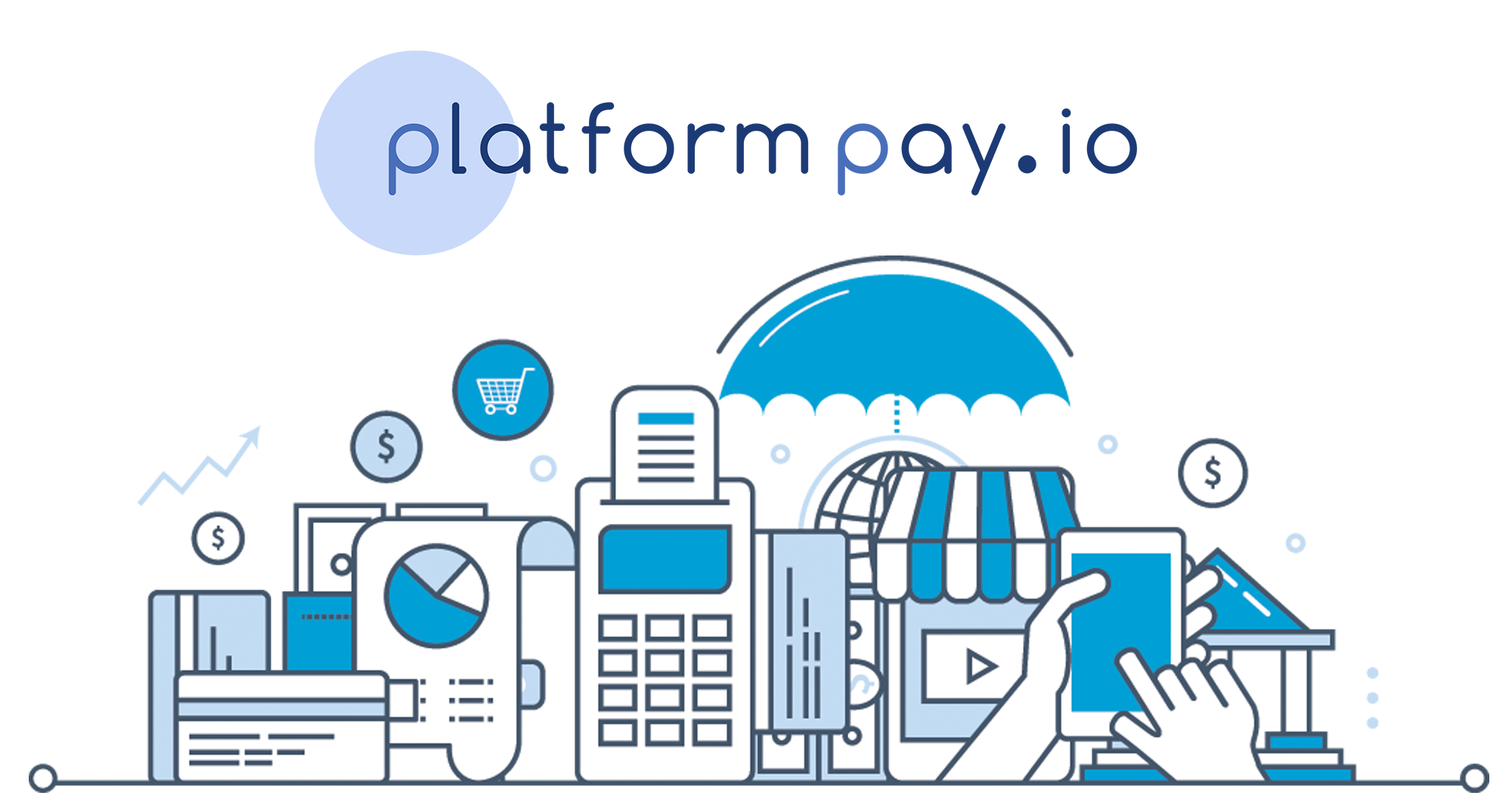Business
Understanding Merchant Processing for E-Commerce: A Beginner’s Guide

At PlatformPay.io, we understand that starting an e-commerce business can be a challenging and overwhelming experience, especially when it comes to payment processing. That’s why we’ve put together this beginner’s guide to help you better understand merchant processing and how it works in e-commerce.
Merchant processing refers to the process of accepting and processing payments made by customers through credit cards, debit cards, or other forms of electronic payment. Merchant processing is essential for e-commerce businesses because it enables them to receive payment for the products and services they offer online.
To get started with merchant processing, you’ll need to set up a merchant account. This account is essentially a line of credit that allows your business to accept payments and process them through a payment gateway. Payment gateways are secure online platforms that transmit payment information between the customer, the merchant, and the customer’s financial institution.
Once you have a merchant account and payment gateway set up, you can start accepting payments from your customers. The process works as follows:
- The customer adds products to their shopping cart and proceeds to checkout.
- The customer enters their payment information, such as their credit card number, expiration date, and security code.
- The payment gateway encrypts and transmits the payment information to the customer’s financial institution for verification.
- The financial institution verifies the payment information and returns a response to the payment gateway.
- The payment gateway forwards the response to the merchant, who then processes the payment and ships the product to the customer.
It’s important to note that merchant processing fees are involved in each transaction. These fees include interchange fees, which are set by the customer’s financial institution, and processing fees, which are set by the merchant’s payment processor. Merchant processing fees typically range from 2% to 3% of the total transaction amount.
In addition to accepting payments, merchant processing also helps to protect your business from fraud and chargebacks. Fraud protection is a critical component of merchant processing because it helps to prevent unauthorized transactions and keep your business and customers’ information secure.
Chargebacks, on the other hand, occur when a customer disputes a transaction and requests a refund. Merchant processing can help protect against chargebacks by providing dispute resolution services and implementing fraud prevention measures.
In conclusion, understanding merchant processing is crucial for any e-commerce business. It enables you to accept and process payments from your customers, protect your business from fraud and chargebacks, and grow your business by offering a convenient and secure payment option to your customers.
At PlatformPay.io, we are committed to helping businesses like yours succeed. Our payment processing solutions are designed to provide fast and secure transactions, low processing fees, and a range of fraud prevention and dispute resolution services. Contact us today to learn more about how we can help your business grow with merchant processing and also check out what we’re doing in the community to make an impact.
-

 Press Release7 days ago
Press Release7 days agoClinical Trials Market Set for Robust Growth, Driven by Drug Development Surge and Digital Innovation
-

 Press Release7 days ago
Press Release7 days agoPediatric Vaccines Market: Safeguarding Futures, Driving Growth
-

 Press Release7 days ago
Press Release7 days agoWaterproof Structural Adhesives Market: A Comprehensive Study Towards USD 10.3 Billion in 2035
-

 Press Release7 days ago
Press Release7 days agoDownhole Tools Market: Navigating Subsurface Frontiers with Precision
-

 Press Release7 days ago
Press Release7 days agoFaropenem Sodium Market: A Potent Weapon in the Fight Against Bacterial Infections













